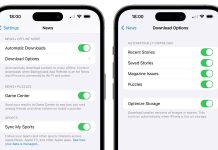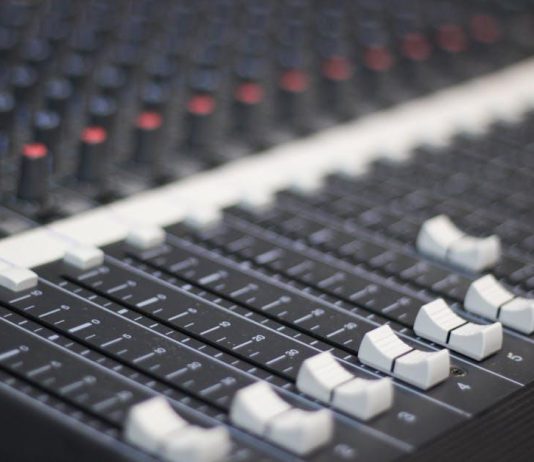Optimize your streaming by reducing video quality to 480p, closing background apps, and using an Ethernet cable for a stable connection. Adjust streaming settings and clear your browser cache to enhance performance on slow internet.
As streaming technology evolves, its complexity may deter casual users. Navigating multiple platforms, subscriptions, and interfaces can overwhelm viewers, potentially hindering the straightforward enjoyment of content.
Manufacturers often market streaming devices with minor feature upgrades at premium prices. Consumers should assess whether these enhancements justify the cost or if basic models suffice for their streaming needs.
To reduce lag and enhance streaming on slow connections, lower the video resolution, close background apps, and use a wired connection if possible. Adjusting device settings and optimizing router placement can also help improve performance.
To enhance streaming on older or budget devices, clear cache regularly, reduce video quality to 720p or lower, and close unused apps. Using an Ethernet connection can also stabilize your internet speed, ensuring smoother playback.
Enhance your movie streaming experience by upgrading to a high-quality external speaker or soundbar. Adjust audio settings on your device for optimal clarity, and ensure a stable internet connection to prevent audio lag.
Streaming devices are frequently upgraded, leading to increased e-waste as older models are discarded. Consumers and manufacturers must consider sustainable practices to mitigate the environmental impact of these rapid technological advancements.
To optimize your home network for streaming on multiple devices, ensure your router is centrally located, update firmware regularly, prioritize bandwidth, and use wired connections for critical devices when possible.
To enhance streaming performance, switch from Wi-Fi to a wired connection. Connect your device directly to the router using an Ethernet cable. This reduces interference and boosts stability, ensuring smoother playback and fewer interruptions.
As streaming becomes central to home entertainment, the durability of devices is crucial. Longer-lasting devices could reduce electronic waste and offer better value for consumers, but would this impact innovation and cost? Exploring the balance is essential.










































